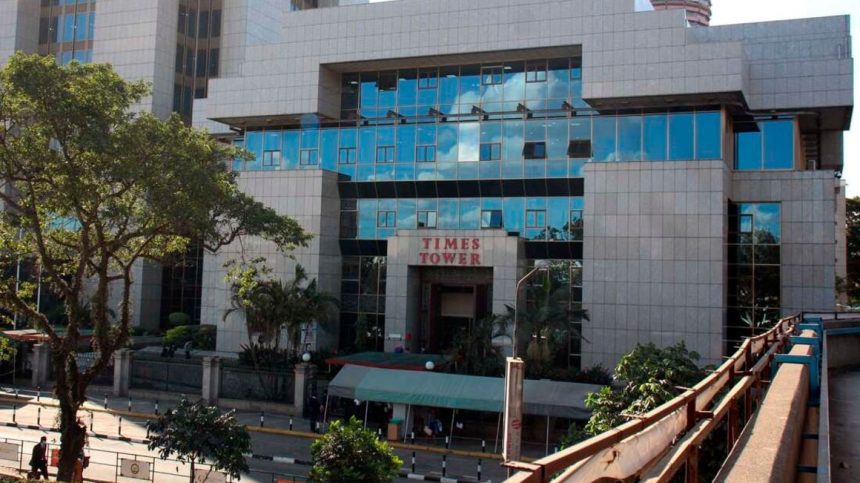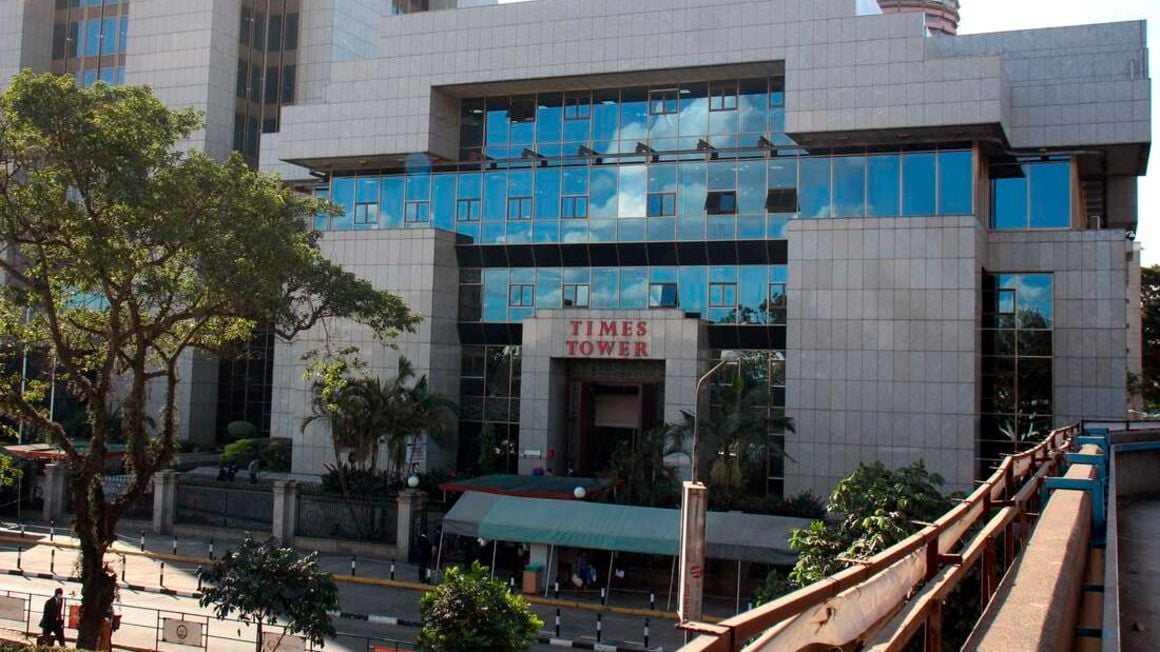The Kenya Revenue Authority (KRA) has been given the nod to auction a contested parcel of land in Nairobi to recover taxes amounting to more than Sh900 million that have been pending for more than 30 years.
The Court of Appeal granted the go-ahead after dismissing an application by businessmen Mohammed Shehazan Butt and Yassar Butt for an injunction blocking the KRA from disposing of the property.
Mr Butt informed the court that he bought the land from collapsed Dubai Bank Ltd in 2013 through a public auction and only discovered that the KRA had placed a caveat on the parcel 10 months earlier.
The duo argued that failing to block the KRA will render their intended appeal useless.
But the appellate court ruled that the duo has failed to establish that they have an arguable appeal.
“The applicants have failed to satisfy the twin principle for grant of stay of execution pursuant to rule 5(2) (b) of this Court’s Rules,” Justices Hellen Omondi, Imaana Laibuta and Ngenye Macharia said.
The court heard that the property initially belonged to Come-Cons Africa Ltd. In October 2012 Come-Cons Africa Ltd borrowed a loan from Dubai Bank Limited and after failing to repay, the lender filed a case seeking to recover its money.
It was submitted that the application was granted and the lender sold the property to Mr Butt in 2012.
The businessmen said they were unable to register the property in their names as Dubai Bank Limited did not have the title documents and had allegedly applied for a provisional title.
The KRA said an audit of Come-Cons Africa for nearly 30 years, it turned out that the firm owed it Sh900 million in taxes.
According to the KRA, it conducted a tax audit for the financial years 1995, 1996, 2001, 2002 and 2003 and raised an assessment of Sh901,535,418.
The taxpayer was then issued with a demand notice for tax assessment of the Income Tax Act.
The taxman later registered a caveat on September 14, 2012, on the property to secure payment of taxes.
When the property was advertised for sale by auction, the KRA said it registered a caveat and issued a notification to sell the property to recover the taxes.
Environment and Land Court judge Loise Komingoi dismissed the businessmen’s case in 2020, saying they were to blame for purchasing land with a caveat in place.
The judge said due diligence would have discovered the property was encumbered.
The duo then moved to the Court of Appeal seeking to suspend the decision, pending the appeal but the judges dismissed the application for lack of merit.




